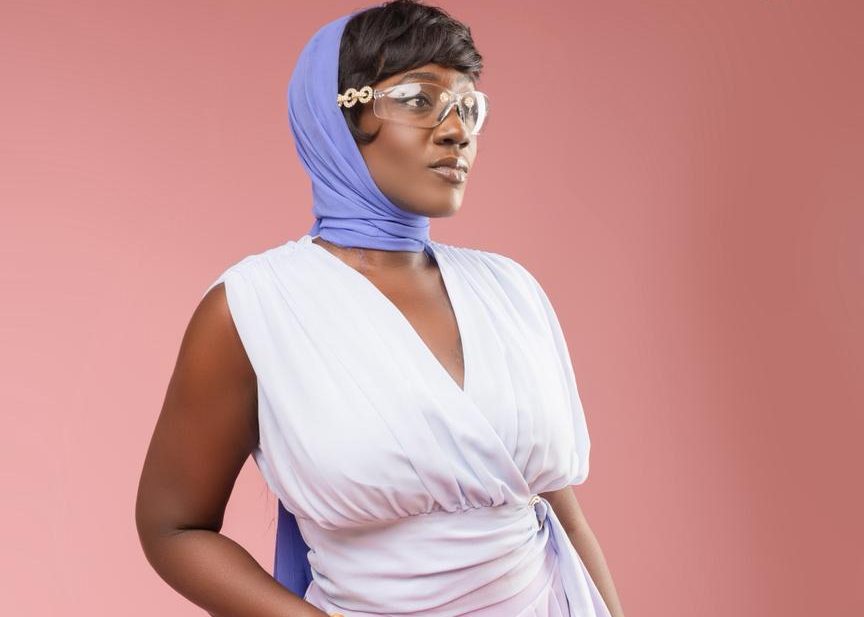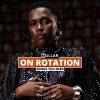Life sometimes puts you in a situation that challenges you and forces you to either take the beatdown or woman up and fight your way through. That is the story of Ghanaian creative entrepreneur Dellasie Aning.
Creative from an early age, DELLA$IE’s path as a creative genius was already established at an early age, but she had to go through several experiences outside the creative industry to make her the woman she is today. When she is not creative, Dellasie is an entrepreneur and humanitarian who runs an NGO that tackles several social issues, one being skin cancer caused by bleaching. She also runs her fashion business.
As a creative, she combines her experiences in New York and those of Accra in the creation of her music in theme and in sound. She has been performing since her days in the choir performing at arenas, festivals, and sold-out shows. She released her EP “The Pressure” celebrating her resilience and fighting stereotypes that seek to keep women down.
In a conversation with iMullar, DELLA$IE opens up about growing up, her influences, New York, and life as a female rapper among other things.
This interview has been edited for clarity and length.
Who is Dellasie?
I would say I’m a Renaissance woman. People know me for different things. Many people know me as a musician, rapper, and performer. Some people know me as a public speaker. Others know me as a humanitarian. I have an NGO on cancer due to skin bleaching, and some people know me for fashion. I have an online fashion business. A Renaissance woman and also Ghana’s newest rap queen.
How influential was music in your formative years?
Extremely influential. My sisters were always seeing things that were far more advanced than my age, and that’s why I started listening to hip hop so young. By age five, I was listening to Hip Hop, and I grew up in the Golden era. My father was also a big influence on me. I’m very close to him. He listened to a lot of Highlife and a lot of Jazz: A.B. Crenstil, Fela Kuti, Miles Davis, Sarah Vaughn, just a really good mix of African music and American Jazz music.
When I was seven, I started playing the piano. I’m a pianist, a trained one and I was trained for ten years playing Mozart and Beethoven. I was playing a lot of classical music. From all of that, you could see that my influences are very, very diverse, and I love music. It’s the one thing I’ve been doing my entire life. It’s the one thing that I’m consistent and super passionate about.
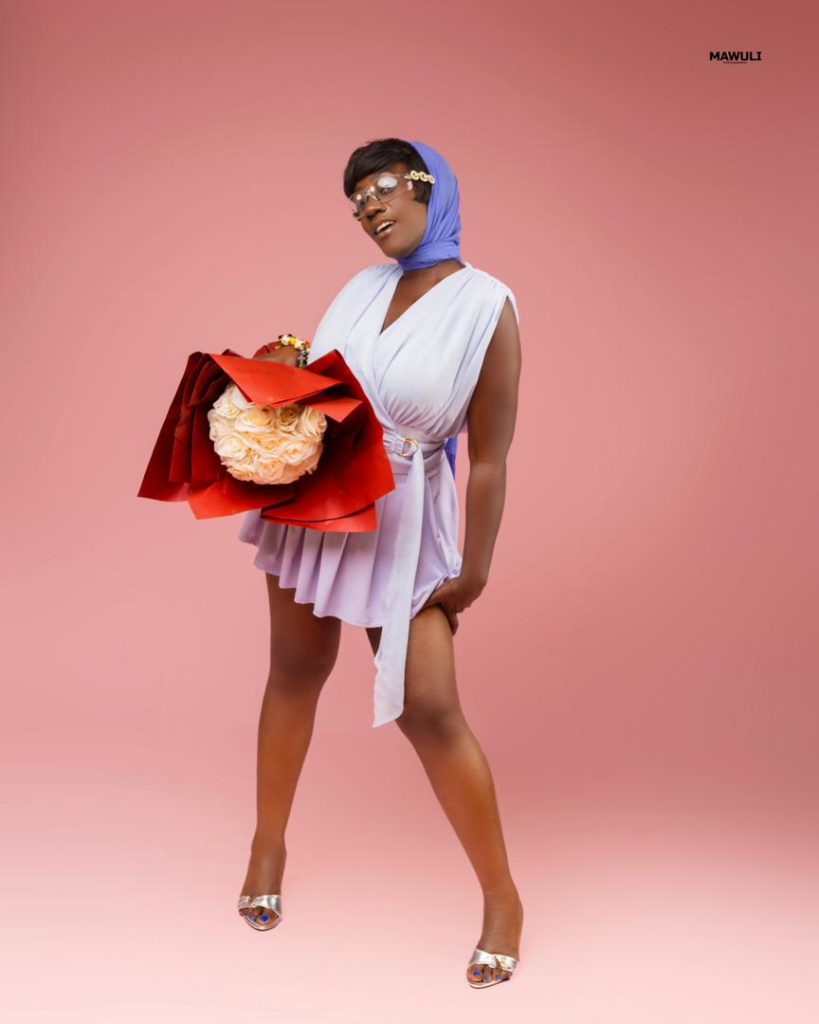
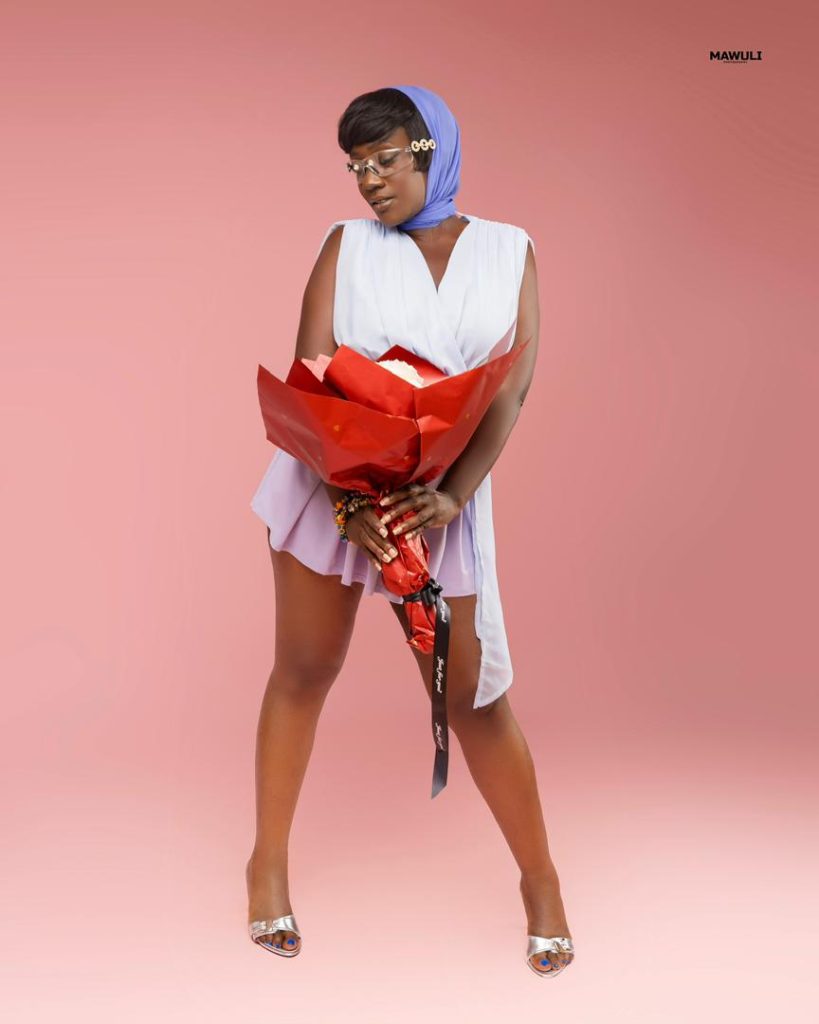
At what point did you identify your creativity, and how did you develop it?
My parents actually recognized my creative talent at two years old because when I was two, I wrote my first little rhyme, a poem, and they were so impressed that I was able to put sentences together that actually rhymed. They put me in school right away, and I started to excel in the arts. They took me to a doctor just to test because they were like, “man, this little girl is so advanced”. My parents always knew that I was very gifted in the arts, so it encouraged me. I sang in the church and school choir. All of these things are a big part of what helped me develop into an artist. By the time I was a sophomore in high school, I started rhyming more seriously, and then in the university, I did my first mixtape. All of the things I did as a kid, in church, piano class and school, all of that helped to develop me as an artist, and very musical households where people are listening to really good quality music. All of that kind of just shaped me as an artist.
How challenging were your early days as an artist?
My early days were challenging. I started in New York. New York is the original home of Hip Hop, and that’s the genre that I started with. I make Afro-fusion now because I mix elements of Afrobeats and Dancehall with Hip Hop. I was able to grow a community of support where different artists would come together and we would support each other, and I used to put on events. People really knew me for just being community-oriented, and that’s how I built the following because people knew that I was one of those people that was really positive, just trying to bring people together so that we could build something. There were challenges with that, but nothing that I couldn’t handle. I think way more challenges came when I moved to Ghana because the industry in Ghana is completely different and extremely difficult, with a lot less infrastructure and fewer resources. I would say earlier wasn’t even as hard as now.
How different is the industry in Ghana from that of the US?
It doesn’t have the same infrastructure or it doesn’t really truly have infrastructure. The government isn’t really pouring any funds into the music space. Artists in Ghana still aren’t getting royalties in 2025. To have a true industry, there needs to be commerce coming in and out of the sector constantly flowing. Ghana is yet to achieve that consistently. It’s a completely different economy from the US. Also, people just wanna come up as individuals. Ghanaians need to consciously change the way that we treat each other and the way that we see this business because if we’re not together, we cannot fight against the lack of infrastructure and the lack of everything else. Being a woman is even more difficult because everywhere you turn, somebody’s trying to exploit you.
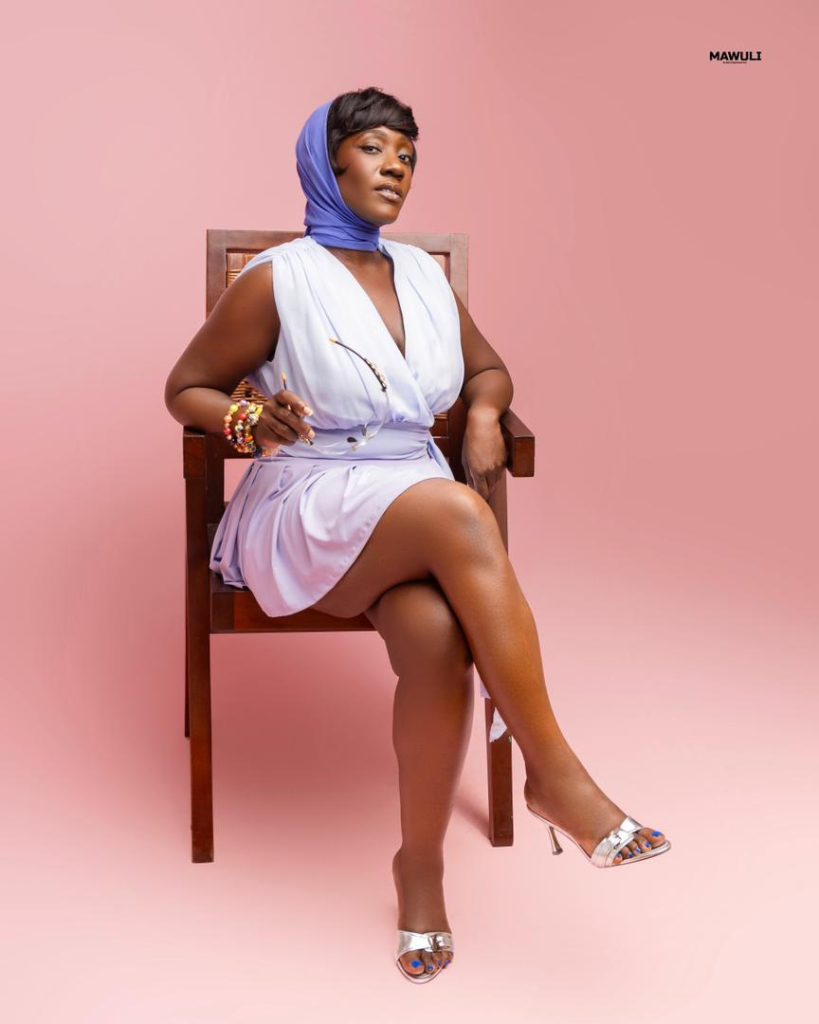
As a woman in the industry, how would you describe the positioning of women in the industry?
I think I just touched upon that, but if you look at the industry, for every seven male artists, there’s one female artist or maybe even more, like, 10 male artists for one female artist. Female artists aren’t invested in and we are not given the same opportunities. As a female artist in Ghana, I’m constantly fighting, fighting to be respected, fighting for opportunities, fighting for decent places on a lineup. Every time I do a show, I’m like the only girl. There are tons of dudes and just me. I really hate that because I know there are so many female artists who are so talented, but we simply aren’t getting the opportunities. I really do have to fight for my life. It shouldn’t be like this. We have to be more intentional about supporting women and protecting them from a lot of the exploitation that happens.
Rap music is often categorised as a male genre, but we have seen women thrive in the genre. What is your understanding of Ghana’s rap scene with regard to women in the genre?
Ghana’s rap scene is very similar and reflective of the music scene in general. There are just not many women. Every time you ask a Ghanaian about female rappers, they’re very quiet. They’ll say Eno Barony and Freda Rhymz are around. Feli Nuna, Itz Tiffany, and other girls are doing amazing. A lot of people tell me, you know, you’re a good singer. You have a beautiful voice. Why don’t you just sing? That’s what makes me rap more because when someone tells me I can’t do something, it really gives me the inspiration to go ahead and do it. Ghana has the potential to bring about some of the greatest rappers, women rappers that Africa has seen. We’re happy, you know, no matter how long it takes.
What should be done to ensure female rappers get more attention and exposure?
You need to use your resources and come from a different angle. Sit down, brainstorm, come up with a strategy, do something different, do something creative. Use your brain, use that creative juice that you’re using and put that into the business side, you know, and make it happen.
What do you feel the women themselves can do to position themselves well in this ever-competitive industry?
I think to ensure that women have opportunities and stuff, that’s literally what I’m doing now. That’s why I came to iMullar to garner the support of the media. I decided I’m gonna go to the media, and I’m gonna go in a different direction. It’s not by force that anyone supports anyone else but for me, I’m not gonna do what hasn’t worked. I’m gonna do something different. Right now, I’m sitting in an airport in Dubai on my way to Algeria to open up for Wizkid tonight, a huge concert, 20,000 people, and I got this through a bank. If I had tried to do this through an African promoter, I probably would have never gotten it, but because I went in a different direction, used another method, I see that I’m starting to break barriers. I wish for my fellow girls in the business that they also use their creativity and their ingenuity to think about new ways to break into the system. Don’t use those old ways because they’re not working. That is why I appreciate you guys interviewing me and everybody else who has stepped up to support this because it’s important.
What are some recent developments with regard to the music that you can share with us?
Well, one exciting thing besides the touring I’m doing, I’ll be doing a bunch of shows in Ghana in October and December. I’m working on a really exciting project with the Or Foundation. I’m creating some merchandise in support of my EP, “The Pressure”, and we are using all sustainable materials. Kantamanto, all of the old clothing, t-shirts, denim, and hoodies, and we’re taking that, and we are upcycling them. We are reimagining them into beautiful fashion pieces that promote my project, “The Pressure”. What I’m trying to do is take fashion that was thrown away and discarded and take it back and turn it into something really unique and special for my fans and hopefully inspire others to be green and sustainable. So I’m really excited about that project.
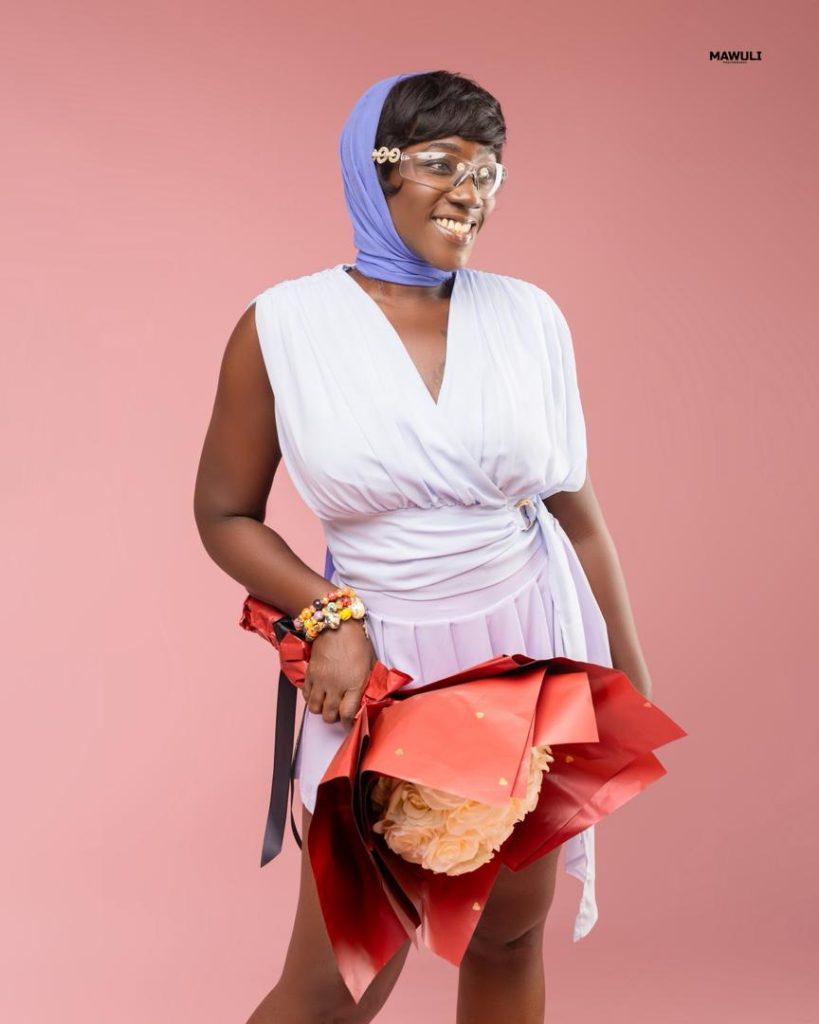
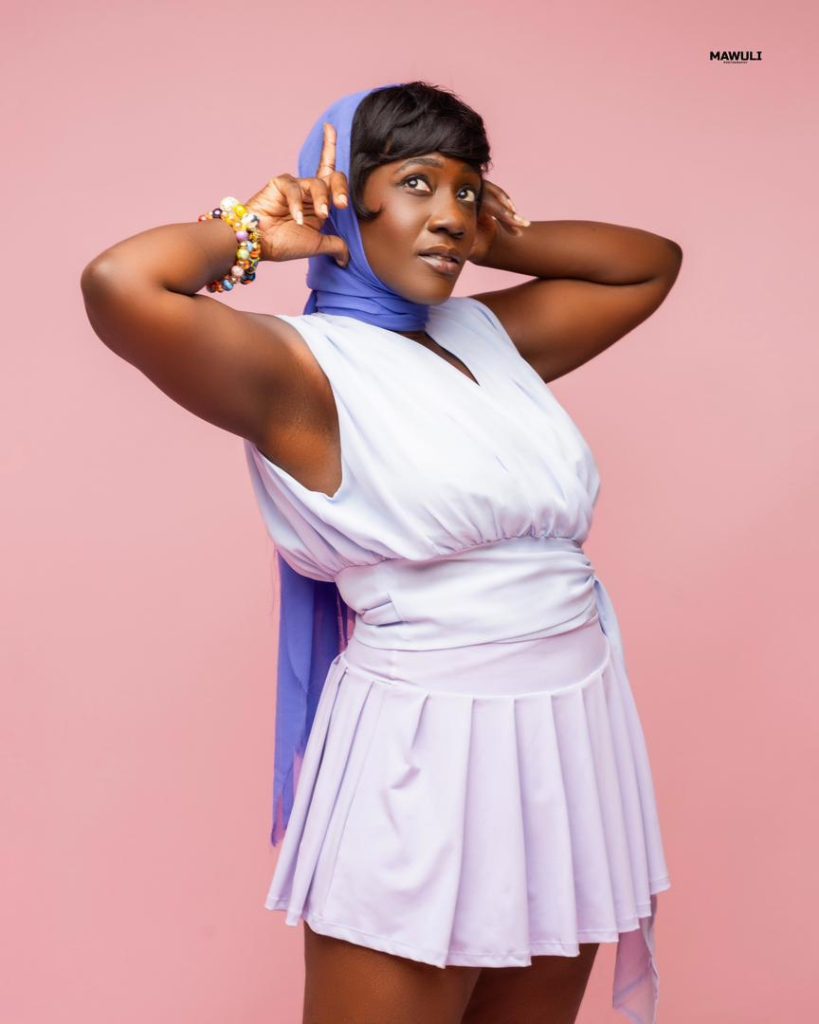
Which Ghanaian rappers are your go-to rappers to listen to?
I really love Joey B, Pappy Kojo, Sarkodie, and Omar Sterling. I also love M.anifest.
What are your final words to those reading this?
My final words would be, to all the ladies out there that might be reading this, or tapping in, I just want you to know that if you’ve ever had the desire to step in to this side of the industry and you had any hesitation, I hope that listening to my words and reading this article will allow you to go forward boldly, proudly, and bravely with no fear. Because you can only lose if you quit. You can only fail if you don’t try.
Don’t allow what others say to you to affect your progress and passion. Your destiny is out there. It’s yours. You just have to run and grab it. And I hope that, even the men out there that are reading this are inspired too.
Written and Interviewed by Nana Kojo Mula.
Follow @theimullar on Instagram and X(Twitter) for more.

